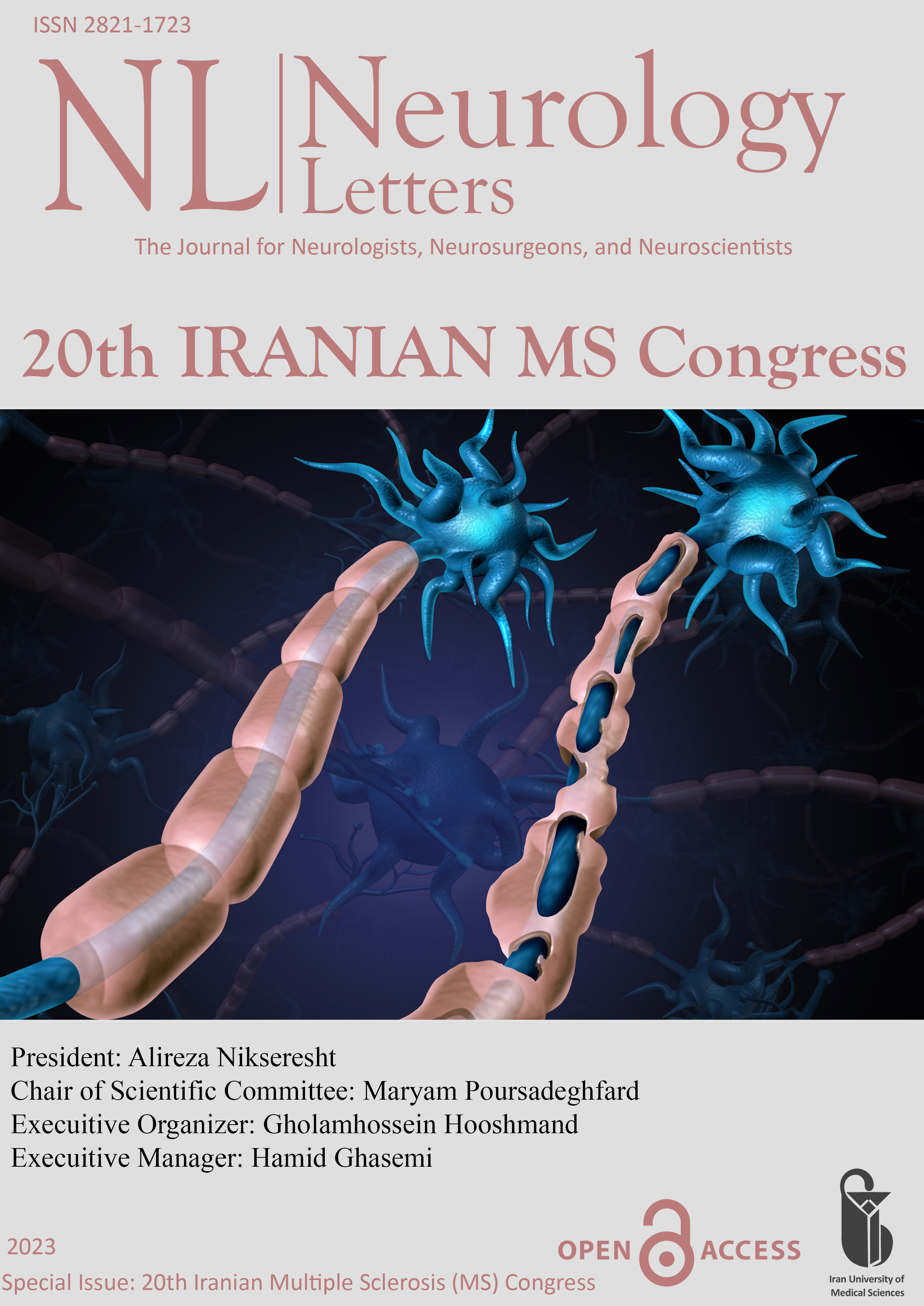Women and Multiple Sclerosis (ORP-07)
Document Type : Oral Presentation
Author
Neurology Research Center, Kerman university of medical sciences, Kerman, Iran
Abstract
MS is a female predominant disease. Multiple aspects of MS are influenced by sex-based differences. Women with MS were less likely to have a live birth, more likely to have a diagnosis of infertility, and less likely to receive infertility treatments compared with women without MS. Among women who received oral or injectable infertility treatments, LBRs for those with and without MS did not significantly differ. Several studies have shown an increased risk of relapse after IVF, especially with GnRH agonist stimulation protocol, however 3 recent studies with higher sample sizes and based on current therapeutics did not find any increase(3 mo after vs.3 mo before).
Most contraceptive methods appear effective and safe for women with MS. LARC methods (long-acting reversible contraceptive ) (intrauterine devices, implantable rods, tubal sterilization, hormonal contraceptives, and barrier methods) may be particularly appropriate in female patients because, once positioned, they do not require proactive user compliance . According to the WHO, UK MEC, and US MEC, progestin-only and combined hormonal contraceptives are not recommended for patients with prolonged immobility, because of the increased risk of venous thromboembolism and concerns about decreased bone mineral density.
Although MS onset typically occurs during reproductive age, women with MS will reach menopause during follow-up. For this reason, it is important to know the influence of menopause on MS and vice versa. The age at reaching natural menopause does not seem to be modified due to MS. Retrospective observational studies suggest an additive effect of menopause and some MS symptoms, especially in the genitourinary and affective domains. The effect of menopause on disability accumulation seems more controversial.
HRT, when used within the ‘therapeutic window of opportunity’, may be protective against cognitive impairment.
The current findings suggest that HRT is not harmful in women with MS.
Keywords
 Neurology Letters
Neurology Letters
